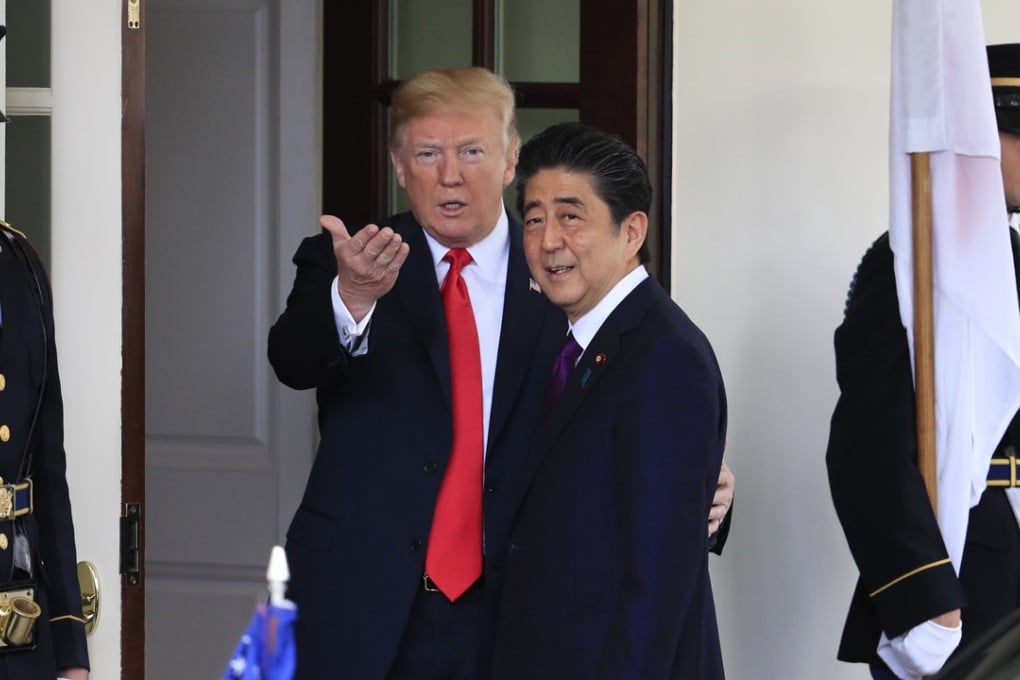Eye on Asia | Why South Korea and Japan are about to get trumped
- Trump desperate for wins after lose of House of Representatives in midterm polls
- Embattled US president is increasingly likely to slap levies of 25 per cent on imports of cars and auto parts, which will hurt Seoul and Tokyo

If officials in Seoul and Tokyo thought the insanity of 2018 is one for the record books, just wait until next year.
The wild card is, of course, Donald Trump, who just received a potentially catalytic comeuppance from voters. America’s showman-in-chief would have you believe the November 6 Congressional elections strengthened his mandate. Hardly. The House of Representatives swinging to opposition control is an existential threat to his scandal machine of a White House.
Donald Trump’s trade wars: is Japan the next ally in the US president’s sights?
Catalytic, because Trump 2.0 will be desperate for some wins that will no longer come via Congress. House Democrats can scuttle any new tax cuts or health care changes. More importantly, lawmakers are about to generate a bull market in investigations into Trump Inc. White House staffers are lawyering up as we speak.
The reason Seoul and Tokyo must worry is the low-hanging fruit they represent for an embattled US president.
With legislative doors closing and scandals swirling, Trump will issue a blizzard of new executive orders, including moves to escalate his trade war. Trump is almost certain to double the more than US$250 billion of Chinese goods he is now targeting. Odds are rising, too, that he will slap levies of 25 per cent on imports of cars and auto parts.
Both actions will make Korea and Japan arguably the biggest collateral damage victims anywhere. China is the biggest market for both economies. To disrupt the global auto industry, in the meantime, is to upset the supply chains that sustain Korea Inc. and Japan Inc. Korea and Japan are still top-heavy economies that derive disproportionate amounts of growth and tax receipts from export giants.
Making matters worse, this is personal. Trump’s world view, remember, never quite escaped 1985. His opinions on global trade, Nato and economic relationships all have a stopped-clock quality. China may have replaced Japan as the bogeyman, but Tokyo is still a villain in Trump’s mind.
